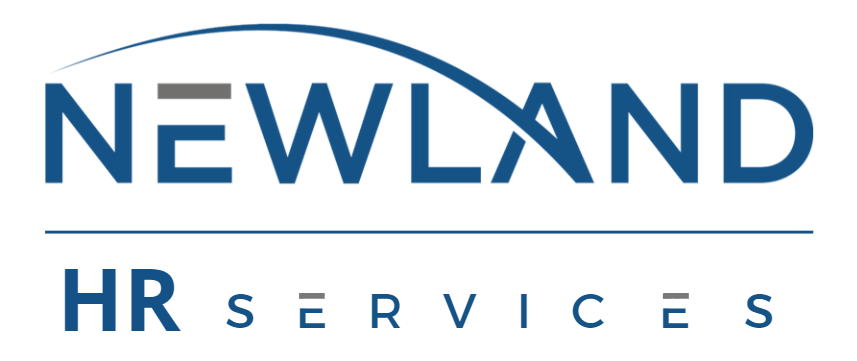Burnout-proof teams start with leadership choices, not personal grit. In this article, we show the six manager habits that consistently protect well-being while raising performance. Burnout is not a personal weakness; it is a leadership and organizational issue. When workloads, expectations, and communication norms become unsustainable, even the most resilient employees struggle. Research from the Harvard Business Review confirms that the primary factors driving burnout are systemic, often tied to management behavior rather than individual endurance. The message is clear: preventing burnout begins with how leaders lead.
A “burnout-proof team” is not a team that avoids stress altogether. It is one where people can manage challenges effectively because their leaders create clarity, fairness, and support. Teams thrive when their managers promote balance and trust instead of over-extension and anxiety. This requires specific habits practiced consistently. Below are six leadership behaviors that strongly predict team well-being and engagement.
1. Set Realistic Expectations
Unrealistic goals are one of the strongest predictors of burnout. When managers consistently demand more than resources allow, people begin to disengage. Research from Gallup shows that employees who feel expectations are unclear or unattainable are twice as likely to experience stress at work.
Practical habit: Begin each project with an honest scope discussion. Clarify what “good” looks like within existing capacity. Encourage team members to raise concerns early about timelines or competing demands. A manager who balances ambition with realism creates a foundation for sustainable performance.
2. Model Healthy Boundaries
Teams follow the example set by their leaders. If managers answer emails at midnight or work through weekends, employees assume the same is expected. Over time, this culture of constant availability drains motivation and focus.
Practical habit: Demonstrate that you value recovery by disconnecting outside of working hours and avoiding non-urgent communication after core hours. Reinforce that rest is part of productivity, not its opposite. When leaders uphold boundaries, they normalize self-care as an essential part of high performance.
3. Recognize Effort and Impact
Recognition is one of the simplest yet most powerful buffers against burnout. The Wall Street Journal recently highlighted that employees who feel valued are significantly more likely to stay engaged, even under high pressure. Acknowledging both effort and outcomes sustains morale and builds emotional resilience across teams.
Practical habit: End meetings by recognizing a specific contribution made that week. Express appreciation in real time rather than waiting for performance reviews. Small, genuine acknowledgments signal that hard work is visible and valued.
4. Maintain Clarity Around Priorities
Ambiguity fuels anxiety. When priorities shift frequently or communication is unclear, employees spend energy guessing rather than producing. Leaders who maintain clarity remove unnecessary stress and help teams stay aligned.
Practical habit: Share weekly or biweekly updates that restate top priorities. When new tasks arise, openly discuss how they fit into existing commitments. Encourage open dialogue about what can be paused or adjusted. Clear direction reduces confusion and strengthens accountability.
5. Build Trust Through Transparency
Psychological safety, defined as the belief that one can speak up without fear of punishment, is a critical ingredient in healthy teams. Google’s Project Aristotle identified it as the single most important factor in team effectiveness. Managers who communicate openly and admit mistakes cultivate trust and reduce the emotional tension that often precedes burnout.
Practical habit: Be candid about challenges and decisions that affect your team. When errors occur, own them publicly and outline corrective steps. Ask for input on improving processes. Transparency invites collaboration and demonstrates humility, both of which build long-term trust.
6. Encourage Recovery and Renewal
High-performing teams understand that rest and recovery are not luxuries but strategic enablers. Research from Harvard Business School found that managers who actively promote time off see measurable improvements in creativity and retention.
Practical habit: Incorporate short recovery practices into the team routine, such as brief breaks between meetings or no-meeting Fridays. Promote use of paid time off and ensure workloads are adjusted to make that possible. When renewal is normalized, people return to work focused and motivated.
Correcting Common Misconceptions
Many organizations still equate long hours with dedication. However, studies show that performance plateaus when employees work beyond 50 hours per week, and productivity drops sharply after that threshold. Similarly, resilience should not mean absorbing endless pressure. True resilience depends on the environment leaders create.
High performance and well-being are not opposing goals. They are mutually reinforcing outcomes that depend on thoughtful, disciplined management practices. Leaders who adopt the six habits above reduce burnout risk and unlock stronger engagement, creativity, and loyalty within their teams.
The ROI of Well-being
Investing in well-being yields tangible business results. Gallup’s data indicates that teams with high engagement experience 21 percent higher profitability and 41 percent lower absenteeism. The costs of turnover, disengagement, and lost productivity far exceed the investment in leadership development and preventive well-being programs.
Organizations that prioritize well-being outperform competitors not only in financial terms but also in talent retention and culture. Employees want to work for leaders who see them as people, not resources.
Building Burnout-Proof Leadership with Newland HR Services
At Newland HR Services, we help organizations translate these principles into practice. Through tailored leadership development programs, manager coaching, and team well-being diagnostics, we equip leaders to recognize early signs of burnout, build sustainable work cultures, and drive long-term engagement. Our consulting solutions integrate evidence-based frameworks with practical application, enabling teams to thrive in demanding environments.
If you are ready to cultivate a culture of sustainable performance, we invite you to explore our expertise.








